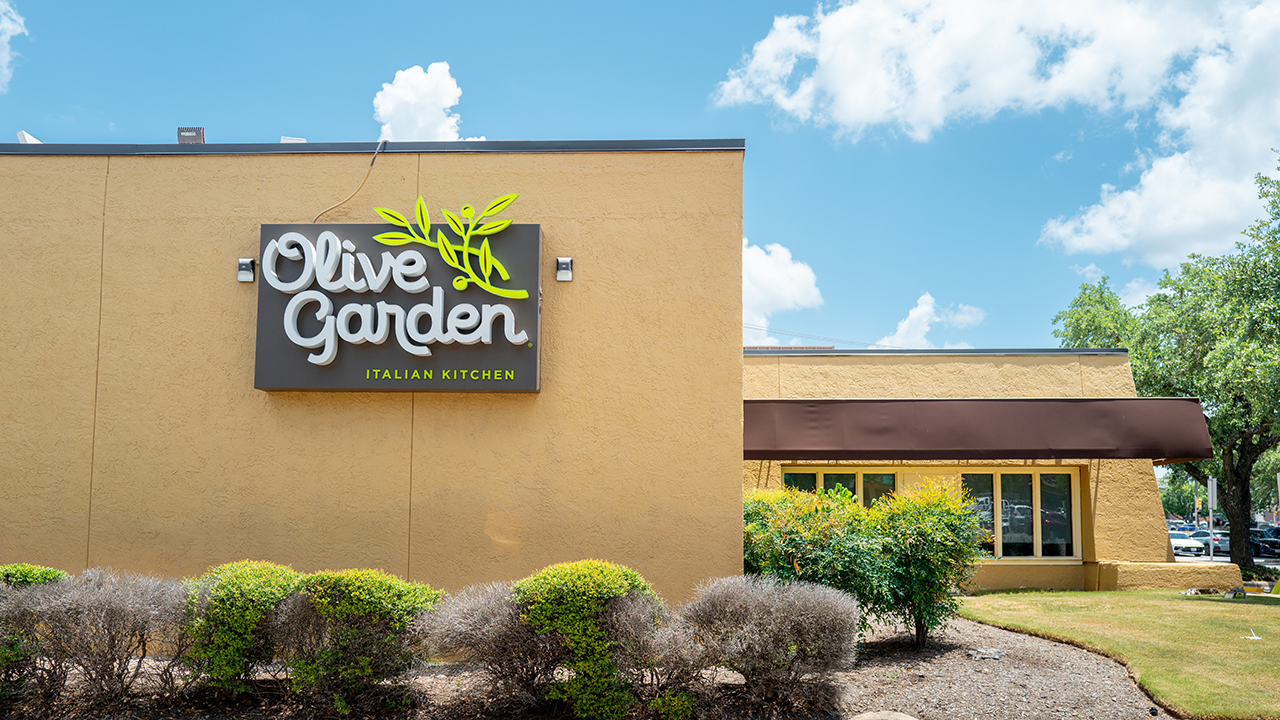She tripled her income to $220,000 a year by leaving her 9 to 5 for fractional work: ‘I’m never going back to one boss’
By Ernestine Siu
Copyright cnbc

While freelancers are hired to execute specific projects or hourly tasks, fractional workers are more embedded into a business — often helping to lead the overall strategy at a company. Also, as opposed to a permanent or staff employee, fractional workers contribute on a part-time basis for multiple businesses or clients.
“As a fractional head of [communications] … I’m completely responsible for the communications function of a company. But because the company may not [need] a full time person, it’s really up to me to make my own hours,” De Foe explained.
“I answer to three CEOs, but I’m my own CEO at the same time,” she said.
Going fractional has allowed De Foe to escape the cycle of burnout she experienced earlier in her career, she said. Instead of continuously chasing more clients or needing more people on the team, she now gets to choose whether or not to take specific clients or projects.
“In the past few years, it’s been very interesting to see the shift in fractional as well, because people who used to be seniors at companies that I’ve worked for have started going the fractional route too,” said De Foe.
She says that fractional work can make sense in a services-based businesses, because “you are the service,” she said.
“You are the person that people want to work with, right? So it doesn’t matter whether you’re sitting under a [bigger] company or [if you’re working alone]. People are looking for that interaction with you, and if you have [the experience or seniority], that’s enough to start on your own,” she said.
Her typical client load ranges from three to five companies at once. This model of working has not only afforded her more autonomy, but also more money.
In the past five years, she’s earned more than $1.4 million Singapore dollars (about $1.1 million), according to documents verified by CNBC Make It.
“I’m never going back to one boss,” said De Foe. “I’m a lot happier. I’m a lot more fulfilled, and I think more than anything — I feel like I can give myself the permission to chase the things that I want to.”
Want to be your own boss? Sign up for Smarter by CNBC Make It’s new online course, How To Start A Business: For First-Time Founders. Find step-by-step guidance for launching your first business, from testing your idea to growing your revenue. Sign up today with coupon code EARLYBIRD for an introductory discount of 30% off the regular course price of $127 (plus tax). Offer valid September 16 through September 30, 2025.
Plus, sign up for CNBC Make It’s newsletter to get tips and tricks for success at work, with money and in life, and request to join our exclusive community on LinkedIn to connect with experts and peers.



